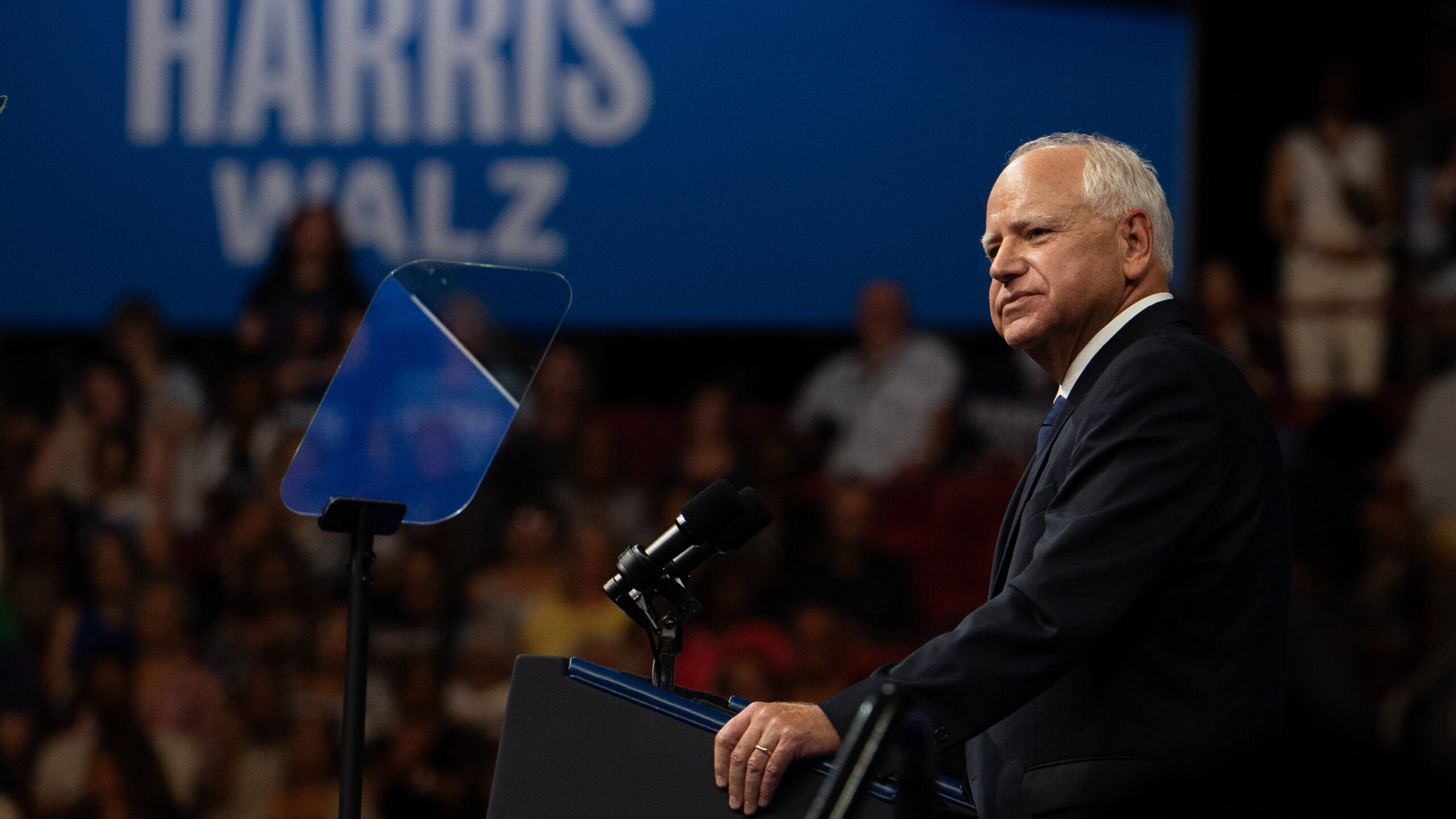Gov. Tim Walz of Minnesota has recently been thrust into the national spotlight following his selection as Kamala Harris’s running mate. Business executives and donors are now closely evaluating his stance on various issues, particularly taxes, labor unions, and energy policy.
Taxes
Under Walz’s leadership, Minnesota has adopted what is described as a “moderately progressive tax system” by the Institute on Taxation and Economic Policy. He has approved measures to lower taxes for middle- and lower-income Minnesotans through rebates and a child tax credit. These initiatives were funded by increases elsewhere, including a 1 percent surtax on capital gains, dividends, and other investment income over $1 million annually, as well as higher taxes on multinationals’ overseas income.
This approach suggests that Walz would likely support Democratic proposals to increase taxes on the wealthy and close loopholes in the estate tax. However, Harris’s stance on these issues remains unclear.
Labor
Walz has garnered endorsements from prominent union officials, including Shawn Fain of the United Automobile Workers and Sara Nelson of the Association of Flight Attendants-CWA. His supporters point to several key pieces of legislation he signed into law last year:
- State-funded paid family and medical leave, allowing workers to take up to 12 weeks a year to care for a newborn or a sick relative, or up to 12 weeks to recover from their own illness, with a cap of 20 weeks for both.
- A ban on most noncompete agreements.
- A prohibition on companies requiring workers to attend anti-union briefings.
- Additional protections for workers in warehouses and nursing homes.
However, one notable exception was Walz’s veto of a bill that would have set minimum wages for Uber and Lyft drivers, after Uber threatened to drastically scale back its operations in the state.
As business leaders and donors continue to assess Walz’s policies, his track record in Minnesota offers a glimpse into what his potential vice-presidential tenure might look like. His progressive tax policies and strong labor support could signal significant shifts in national economic strategies.






